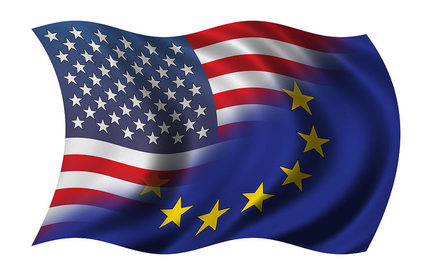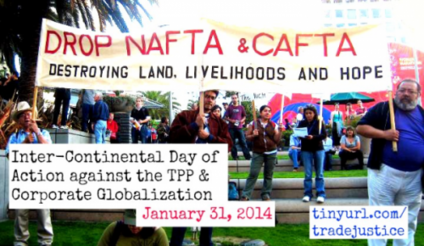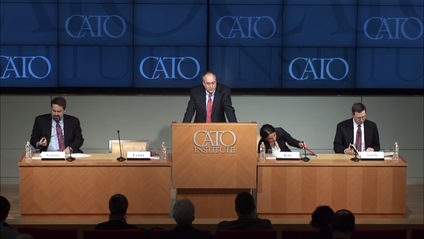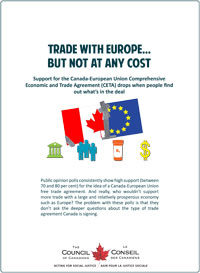Multiple Countries Reject Investor-State (2013 Update)
Posted on January 24, 2014By Janet M Eaton, PhD, January 24th, 2014
A widespread and significant controversy has emerged on a global scale over investor rights and privileges and the Investor -State dispute mechanism found in the investment chapters of Free Trade Agreements [FTAs] and Bilateral Investment Treaties [BITS]. There are many reasons for the concerns over Investor -State including, what many critics see as, its unethical, unfair, undemocratic, unsustainable and even unconstitutional nature giving undue power to transnational corporations over governments and public policy, thereby placing profit before people and the environment. The UN Conference on Trade and Development (UNCTAD), the United Nations body responsible for dealing with development issues, particularly international trade, acknowledges huge flaws in the Investor State arbitration system:











